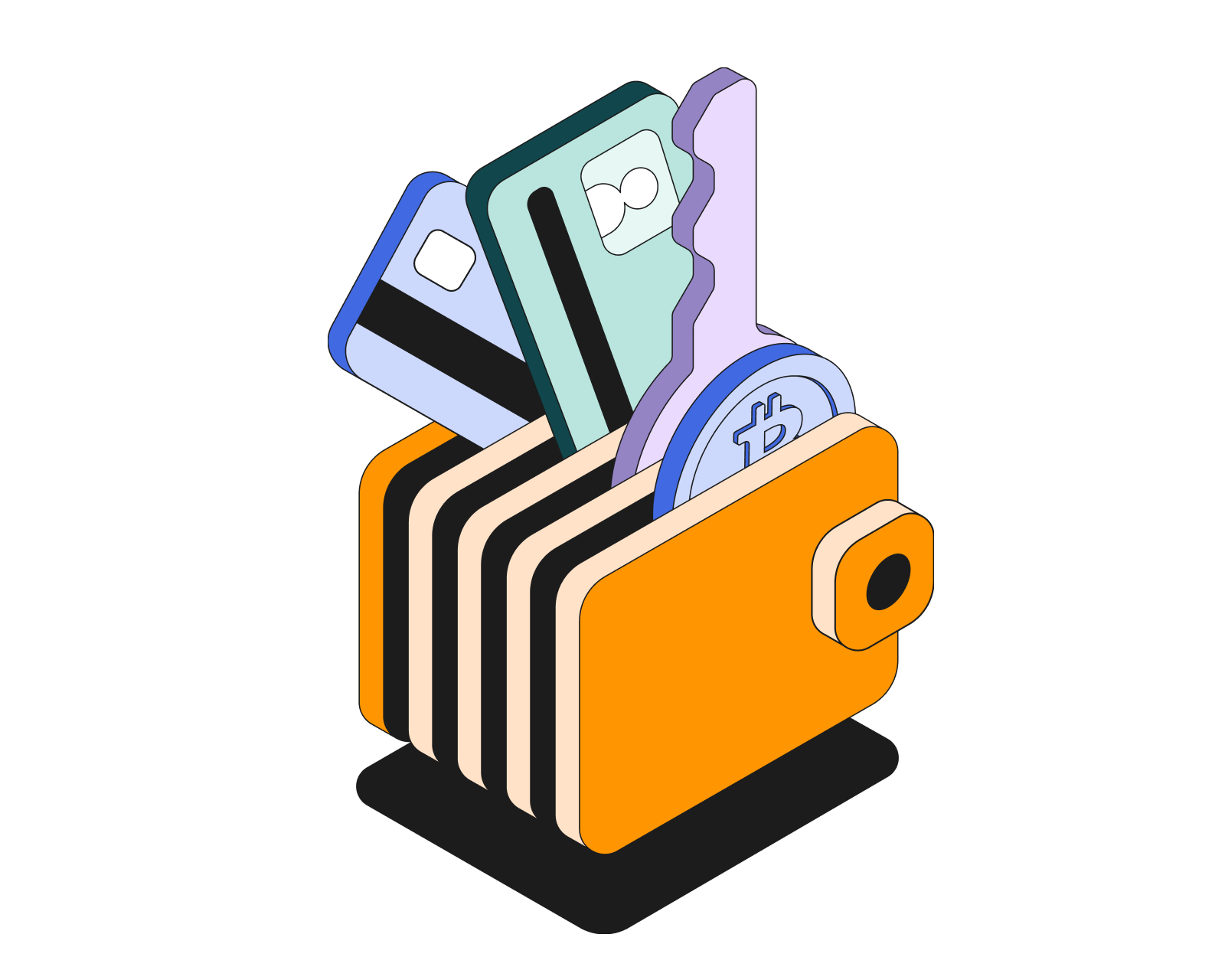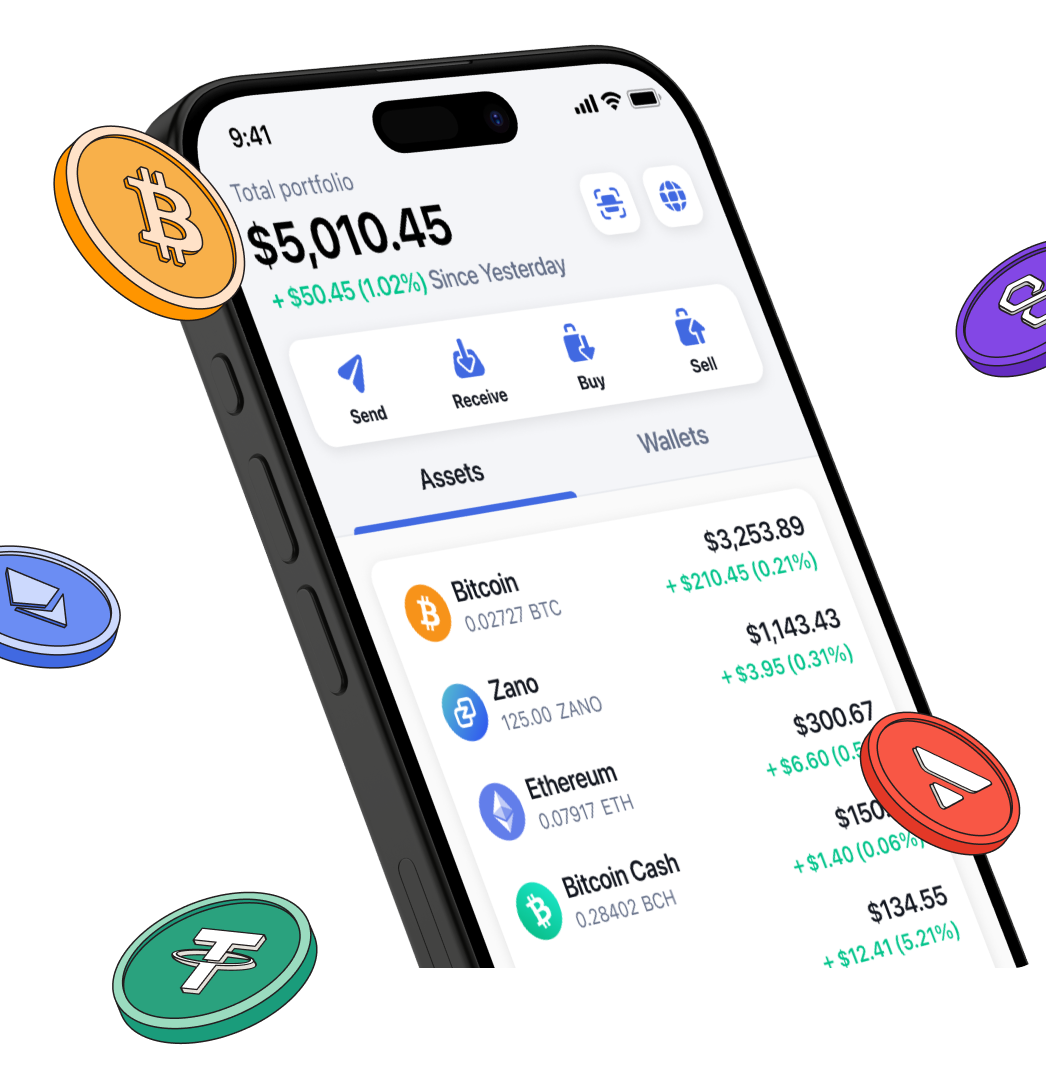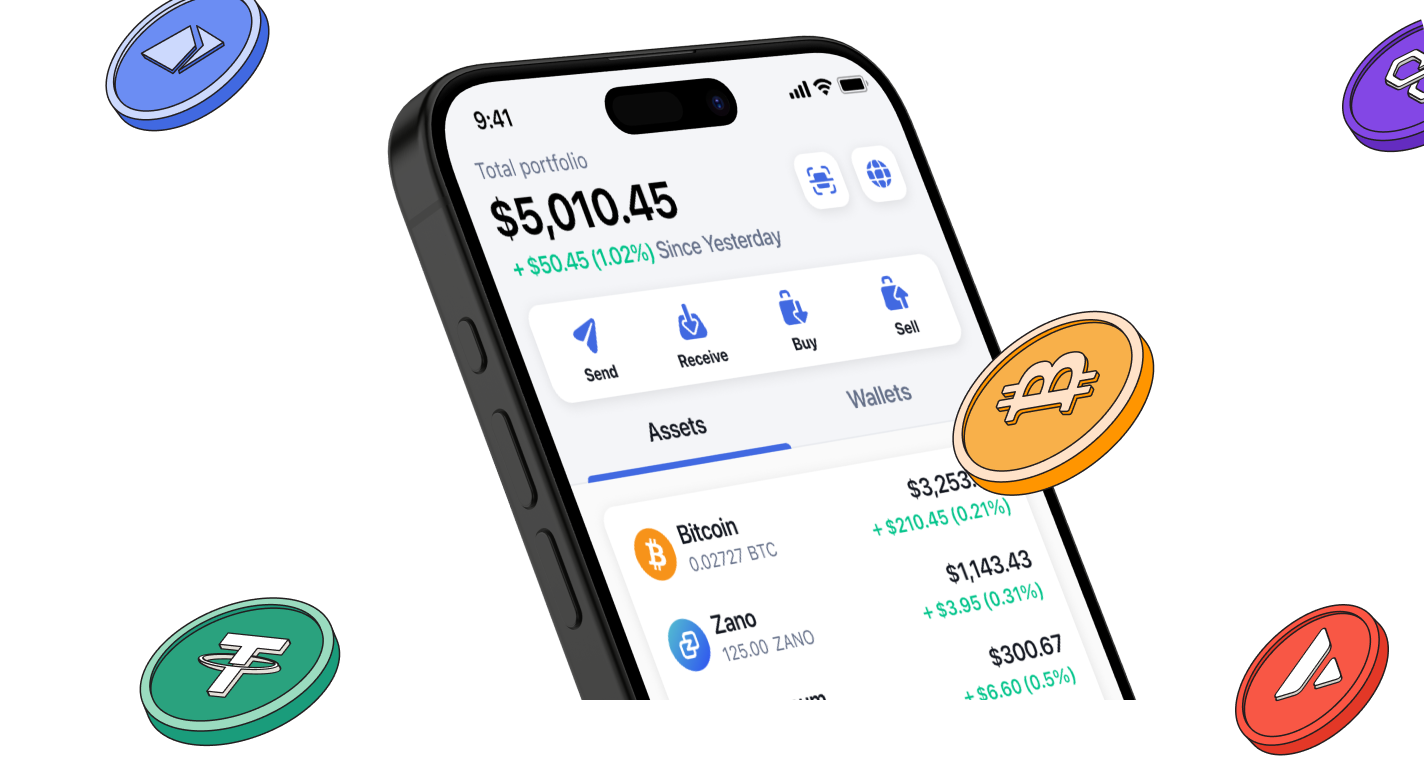What is Know Your Customer (KYC)?
Last updated

Table of Contents
Know Your Customer (KYC): Understanding its Purpose and Impact
KYC regulations are designed to prevent financial crimes. This article explores KYC, its process, impact on financial privacy, and relationship with AML and KYT.
What is KYC?
KYC regulations mandate financial institutions verify their customers' identities to prevent illicit activities. This involves collecting and verifying customer information, including identity documents, proof of address, and sometimes source of funds. While KYC aims to enhance security and transparency, it raises concerns about financial privacy and data security.
Learn about Bitcoin wallets and digital asset security. Also, learn how to buy and sell Bitcoin.
The KYC Process
The KYC process typically involves these steps:
- Customer Identification Program (CIP): Establishing a CIP outlines the institution's KYC procedures.
- Customer Due Diligence (CDD): Collecting and verifying customer information, including identity verification, proof of address, and sometimes source of funds.
- Ongoing Monitoring: Regularly monitoring customer transactions and activity for suspicious patterns.
- Risk Assessment: Assessing the risk level of each customer based on their profile and activity.
- Enhanced Due Diligence (EDD): For higher-risk customers, more extensive verification and monitoring are required.
KYC and Financial Privacy
KYC regulations, while enhancing security, raise concerns about financial privacy. The balance between security and individual privacy is an ongoing debate.
Learn about Bitcoin's privacy features, and explore the concepts of censorship resistance and unstoppable money.
KYC, AML, and KYT: A Synergistic Relationship
KYC, AML (Anti-Money Laundering), and KYT (Know Your Transaction) work together to combat financial crimes. KYC focuses on verifying customer identities, AML on detecting and preventing money laundering activities, and KYT on scrutinizing individual transactions for suspicious patterns. Together, they create a more robust framework for financial security and compliance.
Learn how to avoid Bitcoin fraud and common scams.
KYC in the Cryptocurrency World
Cryptocurrency exchanges, operating as financial intermediaries, are subject to KYC/AML regulations in most jurisdictions. This has implications for privacy and decentralization within the crypto space.
Explore the difference between centralized exchanges (CEXs) and decentralized exchanges (DEXs). Learn about custodial and non-custodial wallets, and coin mixers.
The Future of KYC
The future of KYC involves balancing enhanced security with protecting individual privacy. Technological advancements could offer more privacy-preserving KYC methods. The evolving regulatory landscape and the growth of DeFi will also shape KYC's future.
Conclusion
KYC regulations are a crucial part of the financial system, aiming to prevent financial crimes. While they enhance security, they also raise privacy concerns. Understanding KYC, its process, and its impact is essential for navigating the modern financial landscape, especially in the evolving world of cryptocurrencies.
Related guides
Start from here →
What is a Bitcoin wallet?
Learn about this essential tool for sending, receiving, and storing your bitcoin; how it works, and how to use it safely.

What is a Bitcoin wallet?
Learn about this essential tool for sending, receiving, and storing your bitcoin; how it works, and how to use it safely.

How does bitcoin exchange work?
How safe is it to store your crypto on centralized exchanges?

How does bitcoin exchange work?
How safe is it to store your crypto on centralized exchanges?

How do I keep my cryptoassets safe?
Make sure your cryptoassets are safe with these simple tips.

How do I keep my cryptoassets safe?
Make sure your cryptoassets are safe with these simple tips.

What is censorship resistance?
Censorship resistance is one of crypto's biggest strengths. Learn about its power.

What is censorship resistance?
Censorship resistance is one of crypto's biggest strengths. Learn about its power.

What is DeFi?
Learn what makes decentralized finance (DeFi) apps work and how they compare to traditional financial products.

What is DeFi?
Learn what makes decentralized finance (DeFi) apps work and how they compare to traditional financial products.
STAY AHEAD IN CRYPTO
Stay ahead in crypto with our weekly newsletter delivering the insights that matter most
Weekly crypto news, curated for you
Actionable insights and educational tips
Updates on products fueling economic freedom
No spam. Unsubscribe anytime.



Start investing safely with the Bitcoin.com Wallet
Over wallets created so far
Everything you need to buy, sell, trade, and invest your Bitcoin and cryptocurrency securely

© 2026 Saint Bitts LLC Bitcoin.com. All rights reserved



